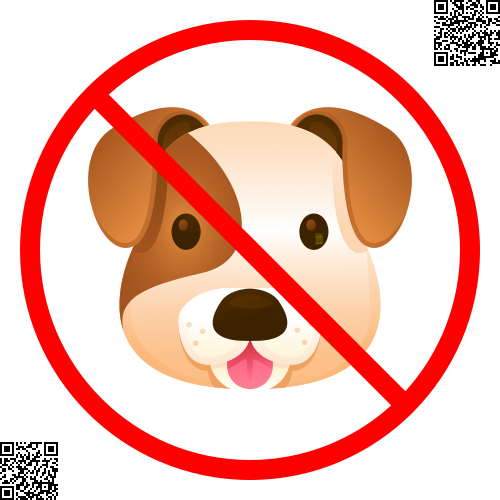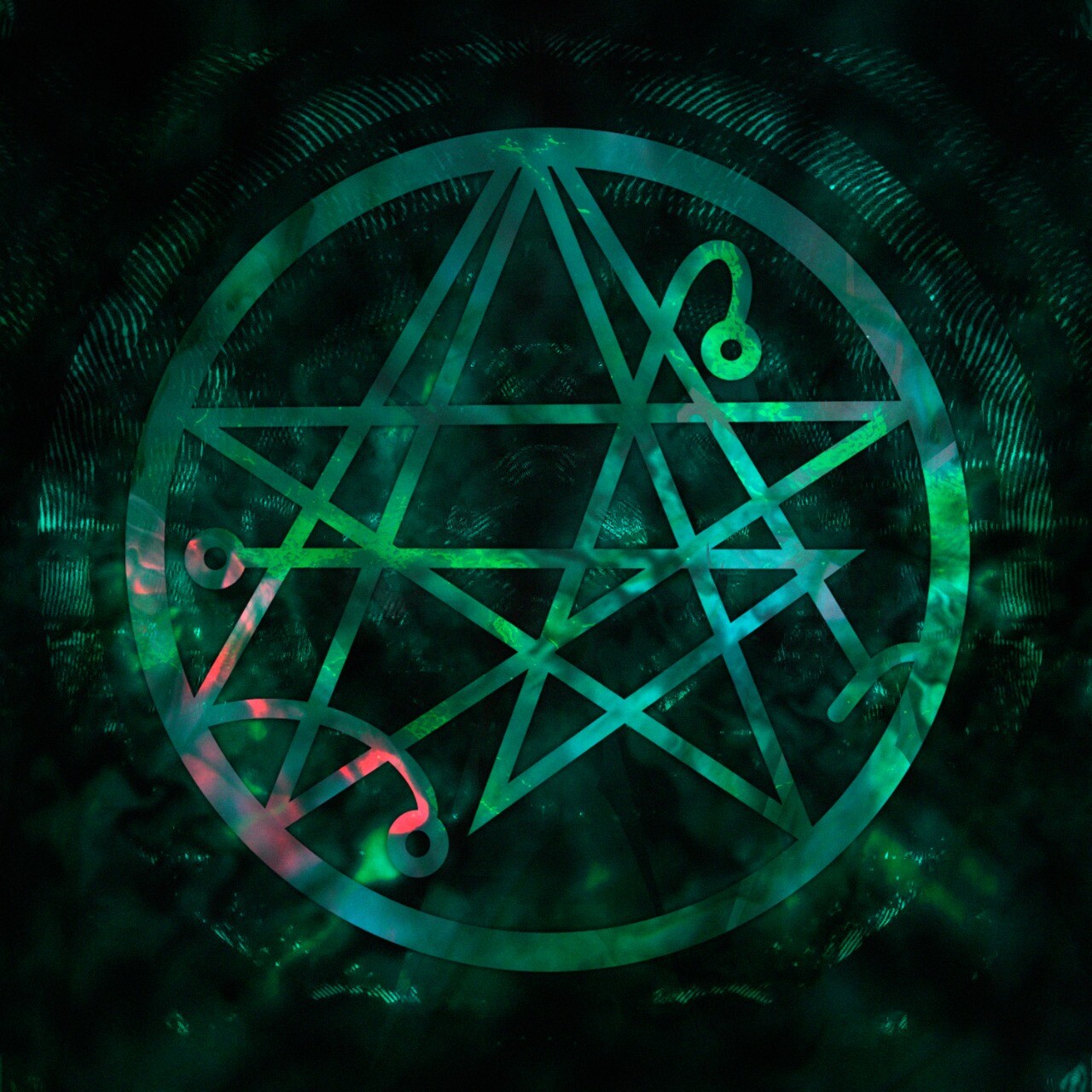Technically speaking, things are far more secure today than they were back in the dawn of the internet. Protocols are now almost exclusively encrypted where they almost exclusively weren’t. Private communication is (in theory) easier to achieve.
Practically speaking, however, now there’s always somebody there attempting to monetise your interactions. To mine useful information from what you say, or to sell you something while you say it. Or both.
That’s only going to get worse with the rise of AI, as companies realise the vast databases of past interactions might actually be worth something.
Best you can really hope for these days is to retain some anonymity and some separation between your public personas.
When a company says “we care about your privacy” what they mean is “we want to keep all your data for ourselves”
It’s mostly true, but not entirely. The data “on the internet” has to live somewhere. For instance, when you DM someone on a social media network-- would you consider that private? I assure you the content of those messages can be read by the website’s admin-users.
If you’re hosting your own non-social web service (like, personal cloud storage or something), then that is arguably private for you, but if you let someone else also use it, then it is not private for them, because you can almost certainly see their file content, having access to the server directly.
Encryption can throw all of this off; a service like Signal is private-- the admin-users of Signal can’t see your messages. Generally speaking any service that warns you that all your data will be lost if you forget your password is probably private. If they can recover your data, they have access to your data.
Edit: Better word choices.
Found the commenter with a sense of nuance.
Don’t think I’ve ever seen anyone claim that. I will say that when you put content on the internet, you shouldn’t expect it is yours anymore
-
Set up a server somewhere, such as on a Raspberry Pi Zero W.
-
Enable SSH via public key authentication only.
-
Connect it to the internet.
There, you just set up a private space on the internet for $10.
-
The internet is a bunch of networked computers, when it came about it was designed to not be private. It was built to connect lots of different small networks together. You can make yourself fully private by disconnecting yourself from the internat and only using your lan, but then you aren’t on the internet anymore. You can hide in plain sight using encryption now though
deleted by creator
True, and I have one as storage. Idk why some people say that
Private, maybe. Anonymous? Never.
There are levels of anonymity. You can get private enough that only certain government agencies with well funded budgets and motivated agents can find you. That’s waaaay beyond what 99% of people need.
Why?
deleted by creator
How can people be so stupid that they think that what you post on the internet is somehow safe or private or protected? Are people not told anymore that a post on the internet is the digital equivalent to screaming stuff across the town square?
deleted by creator
No.
You may define private differently, or differently in the context of the question. The question is very broad. As such, was nothing private? No. Various things were and remain private.
That’s not true at all. People just don’t know or care about the private places.
Also there’s a whole generation of people who never knew the early internet, when privacy was the default.
Nope. Take this seemingly identical pic. You see them all the time on the net. But look at what’s inside it. Add a password and there is your private space. Questions?

Dimitri is that you?
Magnificent.









